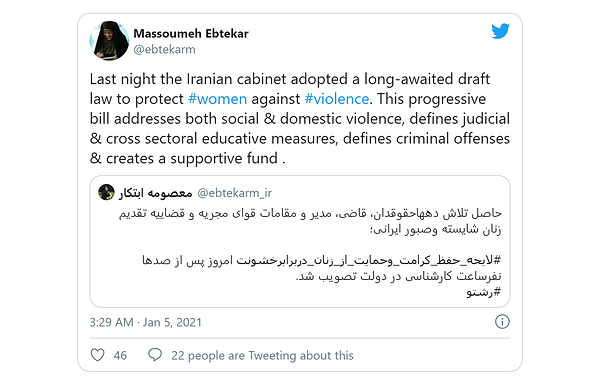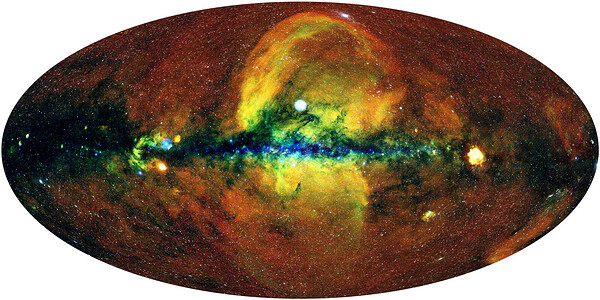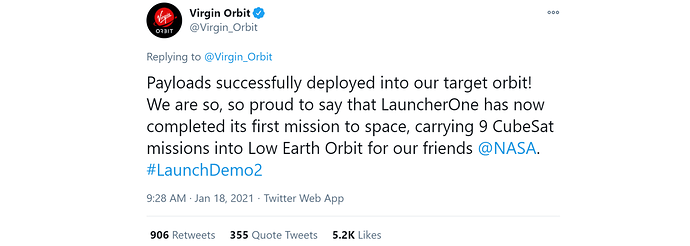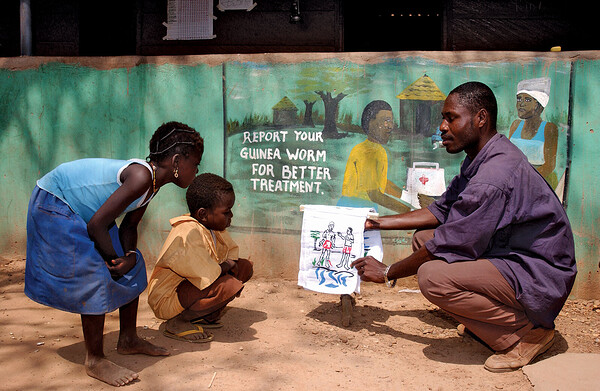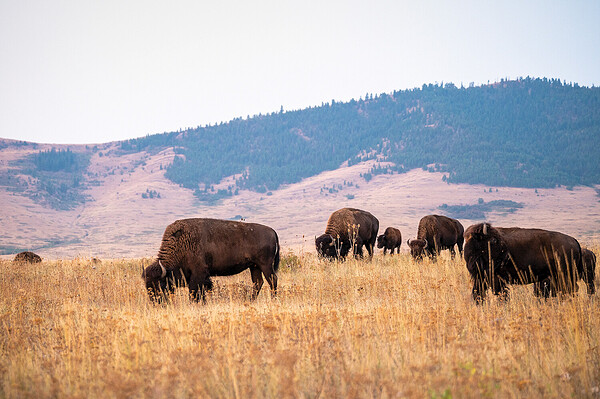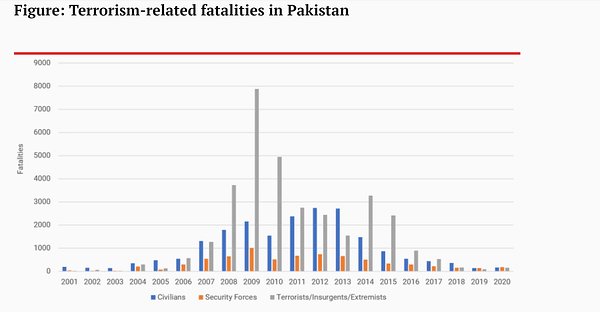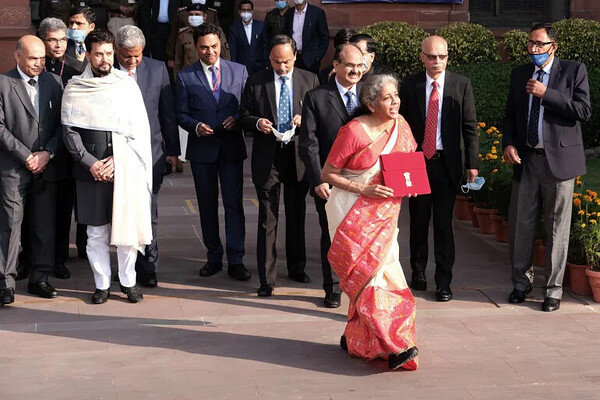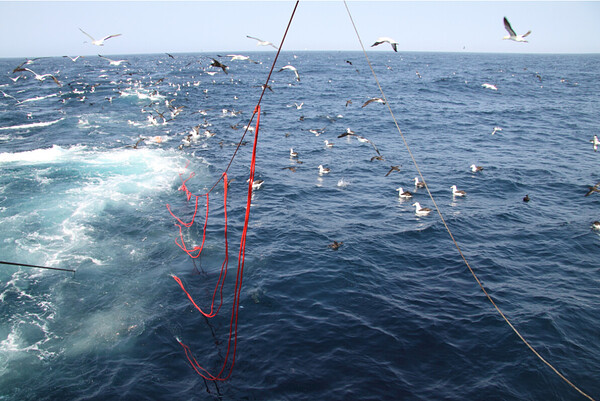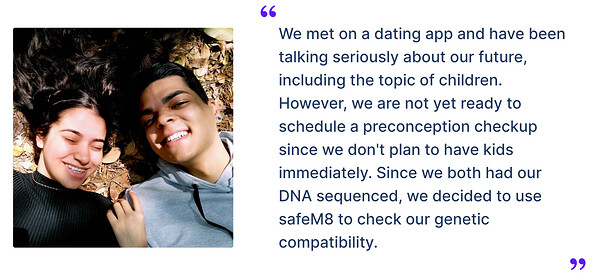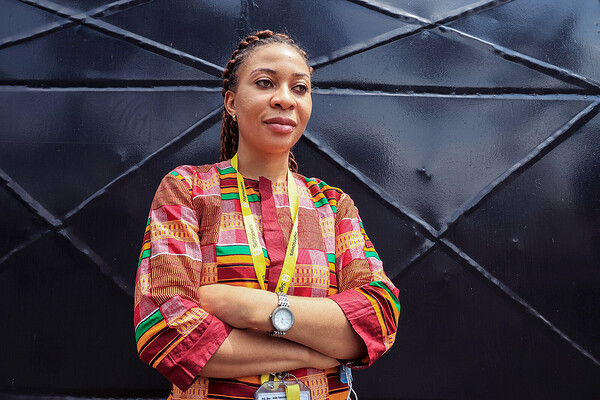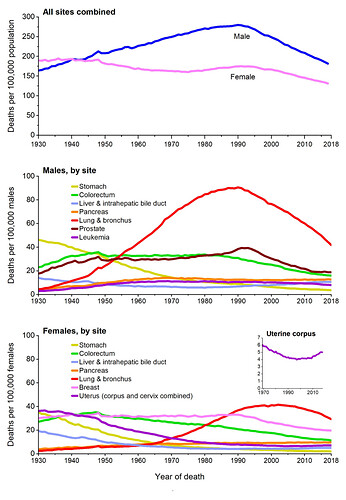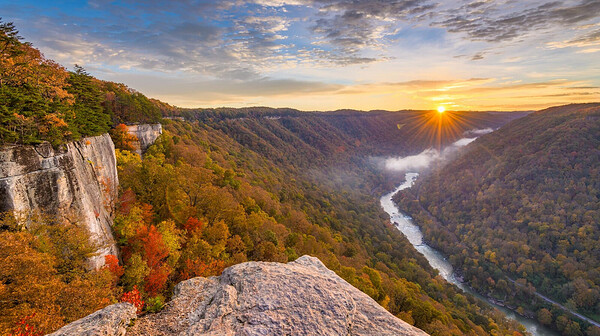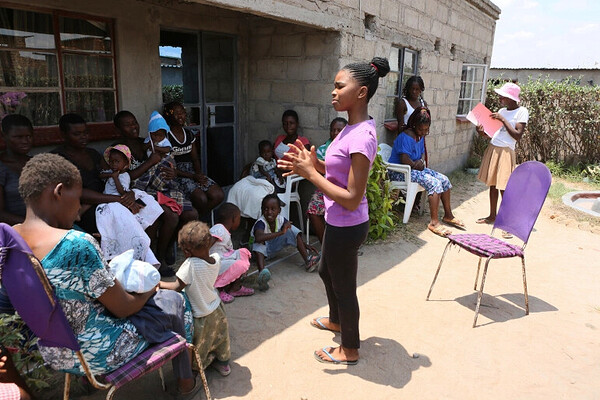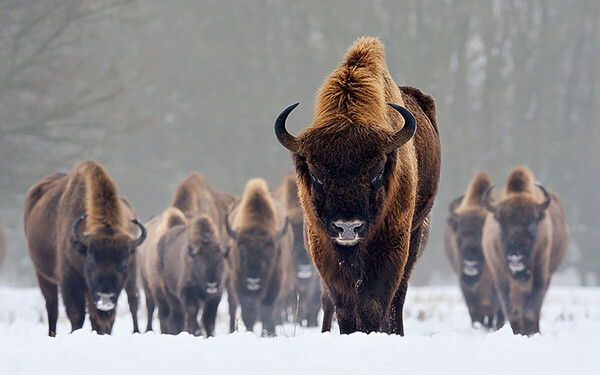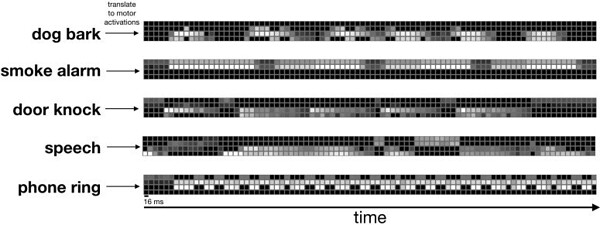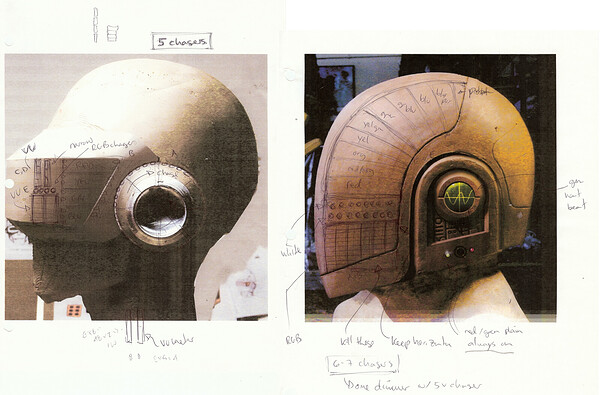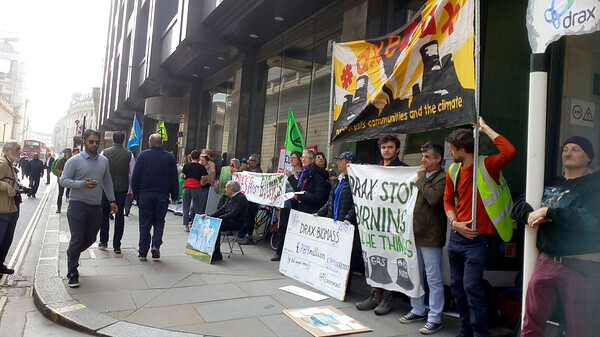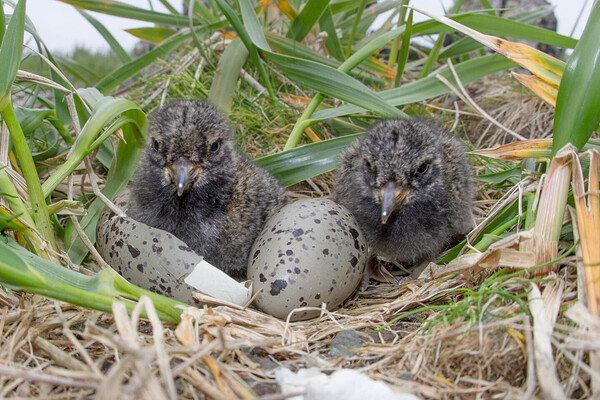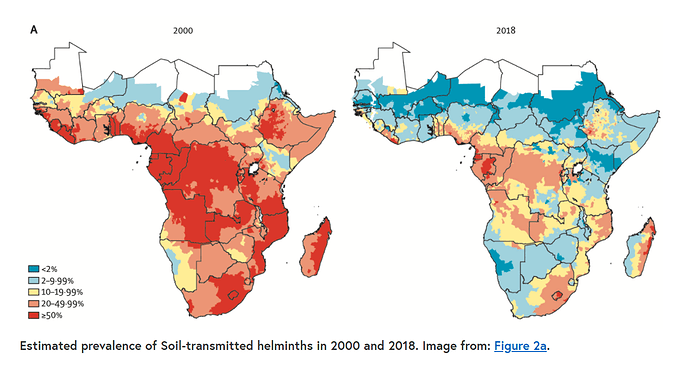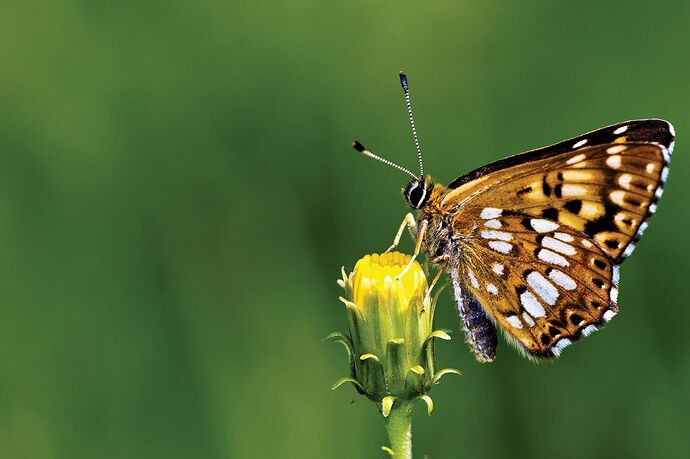Reminder - I am copy/pasting this from a regular newsletter I receive from futurecrunch.com - I because a paid subscriber when they recently launched the option because I really believe in what they are doing. One-third of the subscription value goes to charity - they regularly report on results from charities they donate to. Its USD$5 a month or $48 per year. Future Crunch if you feel inclined.
Good news
In China, coal-fired power plants fell to less than half the country’s total power capacity last year, and look set to fall by a further 3% in 2021. This is big news. China is the world’s largest emitter of carbon and by far the largest producer and consumer of coal. Meanwhile, 61.7% of new energy investments were spent on wind, solar and biomass, 20.5% on hydro and 7.2% on nuclear. SCMP
In the United States, the world’s second largest emitter of carbon, renewable energy generated one-fifth of all electricity in 2020. After a record year for installations of both wind and solar, zero-carbon energy sources, which also include hydro and nuclear, now make up 40% of the country’s total electricity mix. Greentech
Bangladesh, which until recently had one of the largest coal pipelines in the world, has scrapped nine more coal plants, with a combined capacity of almost 8GW. The decision was driven by a combination of rising costs, worries about the country’s future reliance on imported coal and growing public opposition to the health impacts of pollution. Daily Sun
Australia’s 3rd biggest bank, ANZ, has pulled out of funding the Port of Newcastle, the world’s largest thermal coal terminal. The bank said the investment was too risky and is worried it could become a stranded asset as global decarbonization gathers speed. In news that must really delight their shareholders, Australia’s 4th biggest bank, NAB, has agreed to step in to make up the financing gap. Guardian
Uttarakhand has become the first state in India to grant women co-ownership of land, which has traditionally transferred down patriarchal lines. The landmark amendment gives wives and daughters equal access, and overnight, will affect over 350,000 women across the state. It’s hoped other states will now take action too, after what activists are calling a “historic decision". Times of India
A group of workers in Ecuador have also made legal history, after winning the country’s first case against modern-day slavery. After 50 years of labour exploitation, Afro-Ecuadorian workers decided to take action against their powerful agro-industrial employer. The judge ruled in their favour, ordering compensation and a full apology on the company’s website and in local media, detailing every worker by name. Reuters
This story is a little close to the and now finally segment you usually get at the end of the evening news, but we’re including it anyway because it’s awesome. Two years after girls in the United States were allowed into the Boy Scouts, almost 1,000 have achieved the top rank of Eagle Scout, a grade that only 6% of Scouts ever make. Dyb dyb dob. CBS
Lucy Holt, left, and Laura Sun are two of almost 1,000 young women who’ve achieved the rank of Eagle Scouts in the last year (Photo courtesy Douglas Wirnowski).
The infant mortality rate declined again in Ghana in 2020, to 32.80 per 1,000 live births. A decade ago, it was 49.42 per 1,000 live births, a decline of around 40% in just ten years. Maternal mortality and under 5 mortality rates declined last year too, thanks in part to the country’s universal health coverage, which exempts pregnant women from paying health insurance premiums. Keoma
In Malaysia, lawmakers have passed new legislation mandating that drug addicts should be sent to rehabilitation rather than jail. The change of approach is part of the government’s long-term plan to "put science and public health before punishment and incarceration” by giving addicts a second chance and helping them to reintegrate back into the community. Free Malaysia
In New Jersey, a new law legalizing marijuana will change the way police interact with underage offenders, especially in minority communities where drug laws have been disproportionately enforced. Instead of facing criminal charges, people under the age of 21 will now be issued a series of warnings, with a third offense resulting in counselling or community service. Law & Crime
Virginia’s lawmakers have approved legislation to abolish the death penalty, moving it a step closer to becoming the 23rd state to ban capital punishment and the first southern state to outlaw the practice. That’s a massive turnaround for the state with the highest execution rate in America. Governor Ralph Northam is waiting to sign it into law. “It’s time we stop this machinery of death.” CNN
Rhino poaching in South Africa dropped by 33% last year, the sixth straight year of declines, and the lowest overall number since 2010. The dramatic decline was partially due to COVID-19 restrictions, but also to ten years of targeted government strategy and the cooperation of different states and countries in sharing information about wildlife trafficking. The South African
Thanks to decades of conservation work, the population of European bison has tripled in the last 17 years, from only 1,800 in 2003 to 6,200 today. That means it is no longer on the vulnerable species list. Conservationists praised local communities for their support in rewilding these animals back to land. “Only by working together can we ensure the progress made in the last 70 years will not decline, but that we will witness a change for the better.” CGTN
The most massive animal in the world… a Higgs Bison.
Indistinguishable from magic
The million-year-old genome is here. Mammoth teeth preserved in eastern Siberian permafrost have produced the oldest DNA on record. Researchers managed to obtain 49 million base pairs from the oldest sample, found near a village called Krestovka. “We talked about this as the ‘magic barrier’ (…) when you have million-year-old DNA, you can truly understand evolution." Nature
An international team of researchers have invaded a sleeping person’s dream and talked to them in real-time, with the person responding to instructions and simple math problems while deep in the throes of REM sleep. The phenomenon, called interactive dreaming , reveals a “relatively unexplored communication channel” for sleep scientists. Many of the participants were able to recall the interactions, likening the voice to a narrator within their dreams. Vice
More than 50 of the world’s top soccer clubs are using artificial intelligence to predict injuries before they happen. Individual GPS, heart rate and sleep data for all players are now constantly monitored by an algorithm, which sends back daily information about anyone who may be straying close to the ‘danger zone.’ The AI data plays a major role in deciding player rotation, even to the extent of highlighting which players should be substituted during games. ESPN
Doctors from the United States and Japan have successfully demonstrated stem cells a potential cure for paralysis and a way to restore sensory and motor function. After injecting stem cells collected from the bone marrow of patients with various types of spinal cord injuries, doctors observed substantial improvements in 12 out of 13, including the ability to walk or use their hands. Yale
Researchers in San Diego have developed the first wearable skin patch capable of measuring multiple biochemical and cardiovascular signals at the same time. The monitor, the most advanced wearable health monitor yet, can do it all: measuring blood pressure and heart rate, glucose levels, as well as one of alcohol, caffeine, or lactate levels. FreeThink
A company from California has started shipping a wristband that allows people to sense sound through their skin. Using vibrations, the device has the ability to create over 29,000 unique patterns based on intensity and pitch. In testing, deaf people have been able to decipher not only different sounds, but different words all-together. Cision
Apparently younger participants are better at learning to use the device, possibly because of their increased potential for neuroplasticity.
You can get pretty good granularity with this thing. After one month of use, some of the participants could tell the difference between very similar words like “house” and “mouse.”
Information superhighway
We’ve avoided posting anything about Gamestop until now because it’s been such a cultural Rorschach test. This article finally helped us make sense of the whole saga, without any ideological baggage weighing it down. It’s a superb ‘against all odds’ piece about Mike McCaskill, a guy who spent years scouring the stock market for a once in a lifetime chance, and when the time came, executed his move perfectly. The Ringer
Marco D’Eramo says that our elders, the subject of a lot of crocodile tears during the first wave of the pandemic, have quickly been forgotten, even during the more brutal second and third waves. Nobody talks about them anymore, because to do so would be to admit that our nursing homes are becoming increasingly like prisons. “Our backs are obstinately turned away, all the while moving irresistibly in their direction, unaware of the destiny they represent for us all.” Brutal. Sidecar
Another anthropological sacred cow bites the dust. Upper Paleolithic hunter gatherers weren’t anything like the idealized, hyper-egalitarian bands so beloved of grand history narratives. Recently unearthed burial sites suggest our ancestors were status-minded, conspicuous consumers who lived not just in mobile bands but also in larger societies with hierarchy, sedentism and dense living. Aeon
Regenerative agriculture finally gets a feature piece in the New York Times. While the article hedges its bets a little, and focuses a bit too much on carbon sequestration (rather than land restoration, which is the point) it’s good to see this movement, which has been underway in Australia for many years now, get some much needed mainstream oxygen.
Like the rest of us, Daft Punk learned that wearing a mask all the time sucks and decided to quit.* Music’s most famous working Parisians have hung up their shoes and it’s almost impossible to put into words what they meant to our generation. If you’re wondering what the fuss was about, check out these 12 minutes of hallucinatory pop stagecraft without precedent. If, like us, you saw this live, you’ll never forget it.

One last time
Bonus round: that set at Coachella 2006, and an amazing Twitter thread about the creation of their helmets. Still can’t get over the LED wiring diagrams.
Buy it, use it, break it, fix it, trash it, change it, mail, upgrade it. Charge it, point it, zoom it, press it, snap it, work it, quick erase it. Write it, cut it, paste it, save it, load it, check it, quick rewrite it. Plug it, play it, burn it, rip it, drag it, drop it, zip, unzip it. Lock it, fill it, call it, find it, view it, code it, jam, unlock it. Surf it, scroll it, pause it, click it, cross it, crack it, switch, update it. Name it, read it, tune it, print it, scan it, send it, fax, rename it. Touch it, bring it, pay it, watch it, turn it, leave it, stop, format it. . Technologic.
Humankind
Meet Mahinda Dasanayaka, a 32 year old father of two who stacks his motorbike with books every weekend and rides his mobile library across the muddy roads of Kegalle, a mountainous tea-growing region of Sri Lanka, to deliver books to underprivileged children.
Mahinda, who works for the government as a child protection officer, noticed the lack of reading materials available to children in rural villages, and decided to do something about it. In 2017 he bought a second-hand Honda motorbike, fixed a steel box to the back and launched his mobile library, “Book and Me,” with 150 books, some of his own and others donated by friends.
Today it includes 3,000 books and his program has reached over 1,500 children across twenty villages in Kegalle. Children eagerly await the sound of his motorbike each week and Mahinda often spends a few minutes chatting to them about the books they’ve read with the hope of forming reading clubs one day.
Mahinda is also expanding his library to include minority groups around Sri Lanka. The long civil war ended in 2009 but a deep divide between ethnic groups remains and Mahinda, who is part of the ethnic majority, believes that books can help build a bridge between them — because no one can get angry with books.
Despite having a wife and children to support, Mahinda funds the program himself, spending a quarter of his modest government wage on gas for his mobile library. “ My only happiness is to see that children read books, and I would be delighted to hear the kids say that books helped them to change their lives, to change their perspectives and broaden their imagination. That’s my ultimate happiness.”
That’s it for this edition, thanks for coming along for the ride.
